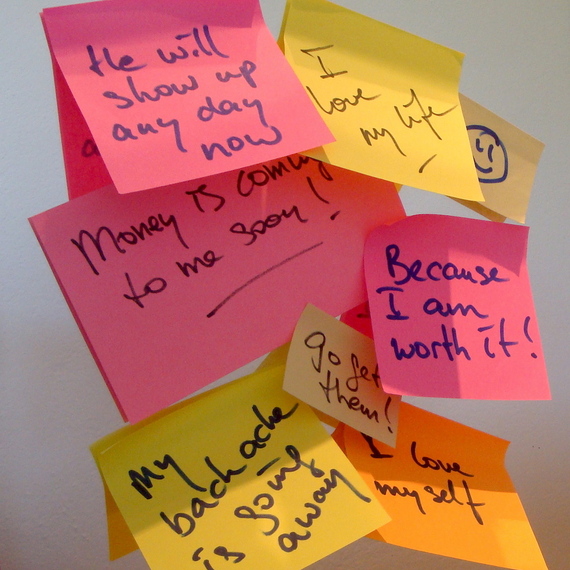I locked my keys in the car one day, with the motor running. It's not something you want to run around telling everyone, but it's also not something you can solve by yourself.
It happened in a strip-mall parking lot, so I decided to ask for help in the stores, while trying to appear as if this was not a dumb thing I'd done, at the same time that the gas was running out.
The media outlet looked hopeful, so I ran in and asked whether anyone could open a locked car. One of the staff disappeared to the back, and an elderly man came out and followed me to the car. He didn't say a word -- not even to comment on the engine running. In a flash, he pulled a long skinny piece of metal out of his pants, stuck it down the side of the window, and pop! The car door was open.
I was so happy that I threw my arms around him and gave him money. The piece of metal had already disappeared, and he told me not to tell anyone. Clearly, what this old guy had done was sketchy. But neither of us said a word about the other's actions. I didn't condemn him for possibly doing something illegal, and he didn't judge me for possibly being stupid. And I also managed to not beat myself up about it.
There's no way to get through life getting everything right. We all do goofy stuff. Most important is to stay supportive of ourselves no matter what. But that's not how it usually goes.
For most of us, there's a debate going on inside our heads between the part of us that thinks, "I can single-handedly save the world!" and the other part that says, "Don't be ridiculous!"
The first statement sounds like a spontaneous child who thinks only in possibilities, is adventurous, and sometimes irresponsible. The second sounds like a concerned parent, nurturing and protective, trying to maintain control, and sometimes censoring and punishing.
Self-talk is a nonstop conversation, where we talk to ourselves about ourselves. And the content of our self-talk indicates what we believe about ourselves. If it's positive, it can work well for us. But if it's negative, it will beat us up.
One of my friends was a camp counselor as a teenager. One evening at a campsite, when she was the lone staff member overseeing a dozen young girls, she couldn't keep the fire going to cook the meal. So she gave up and sent the girls to bed early with candy bars. The next day, feeling ashamed, she went to her supervisor to explain. She expected to be fired for being a failure, especially for handing out junk food. Instead, he said, "What a wonderful story! You'll tell that story the rest of your life!" And then he added, "When those things happen, you just have to like yourself anyway."
The question to ask ourselves is: "What am I telling myself about myself?" We all have the ability to replace negative statements with healthy ones. And since we believe everything we tell ourselves, we need to intentionally tell ourselves what confirms our value.
There are a couple ways to process self-talk. One is to focus on the self-appreciating statements we're already telling ourselves. The more we repeat them, the more benefit we receive. The second way is to identity unsupportive beliefs and reword them into statements that are believable and that reflect forward-thinking solutions.
Positive self-talk is not just motivational affirmations stuck on the bathroom mirror. It's a healthy lifestyle that shows we care about ourselves 24/7, by deliberately choosing which aspect of our self-talk we'll allow the most broadcasting time today!
The post is featured at gracederond.com.
